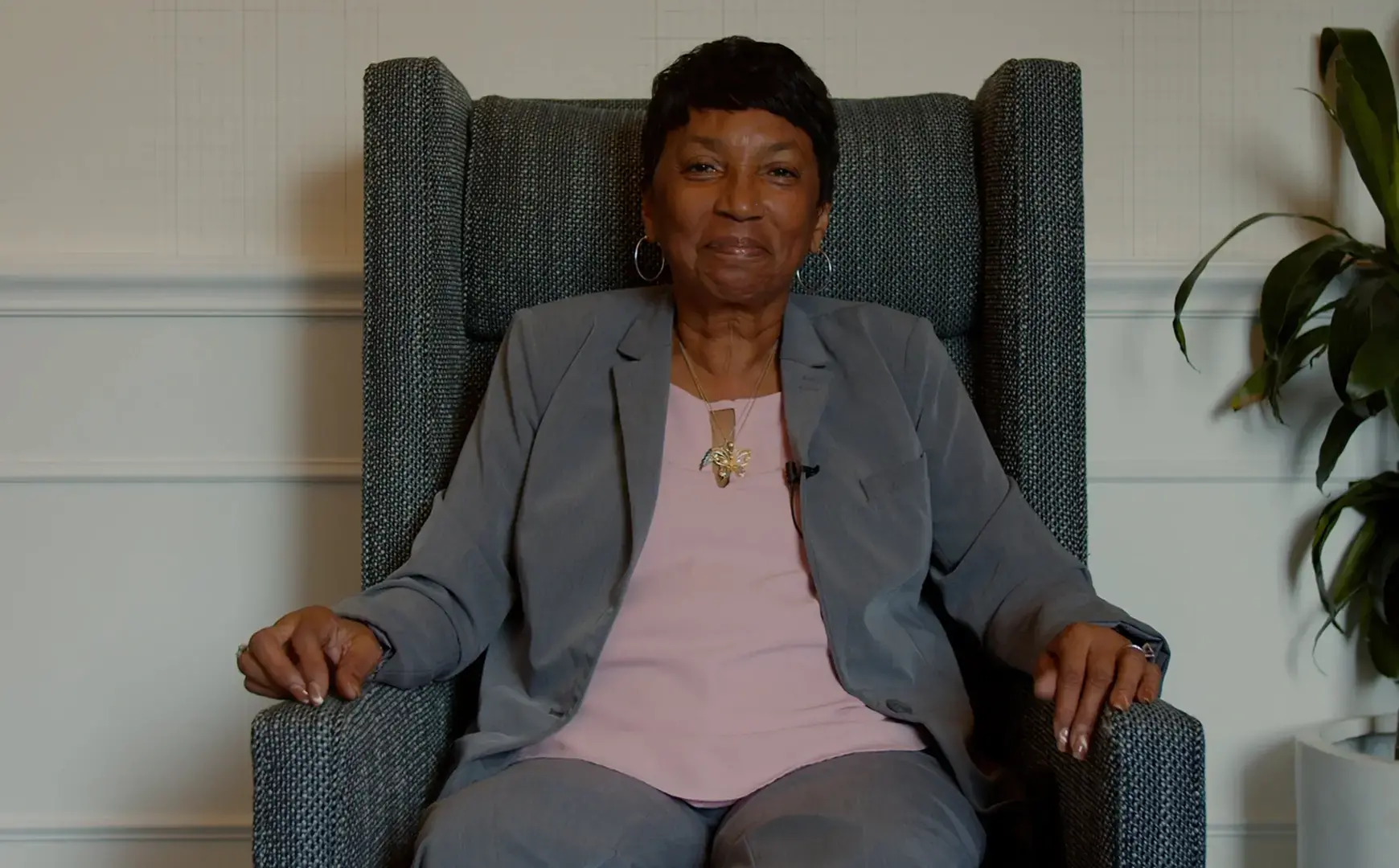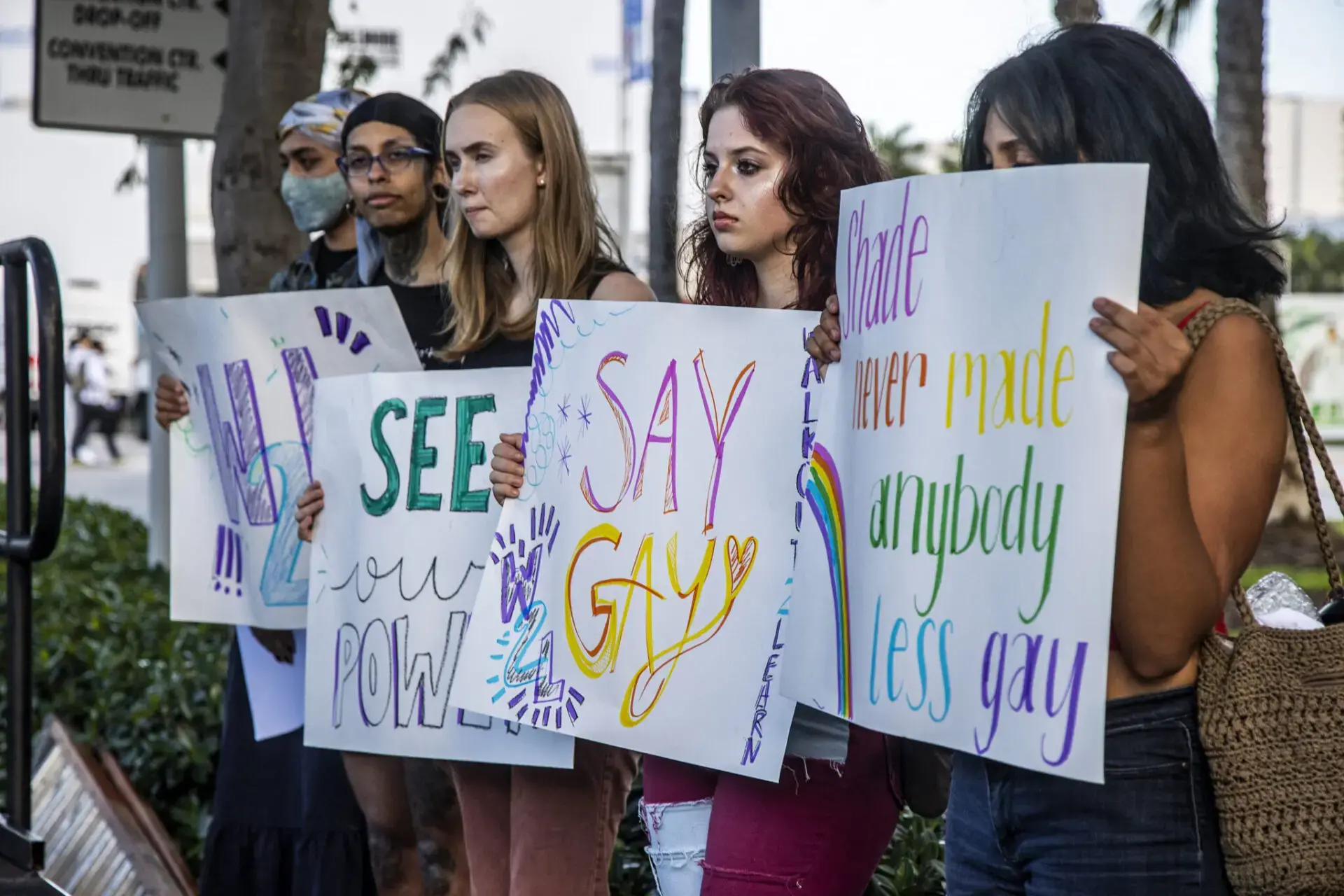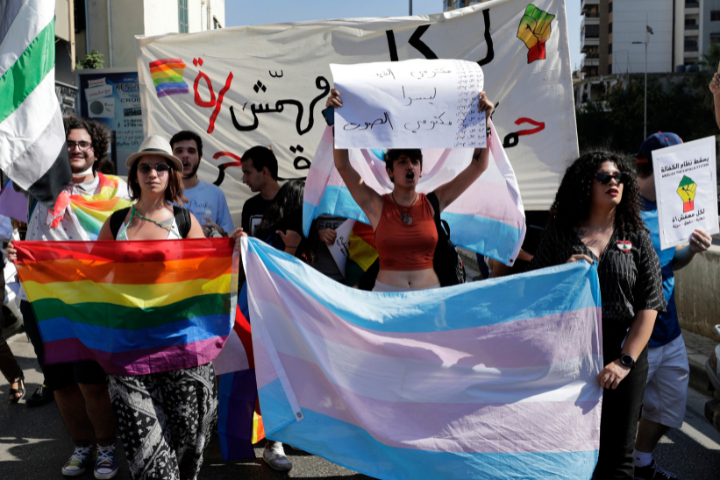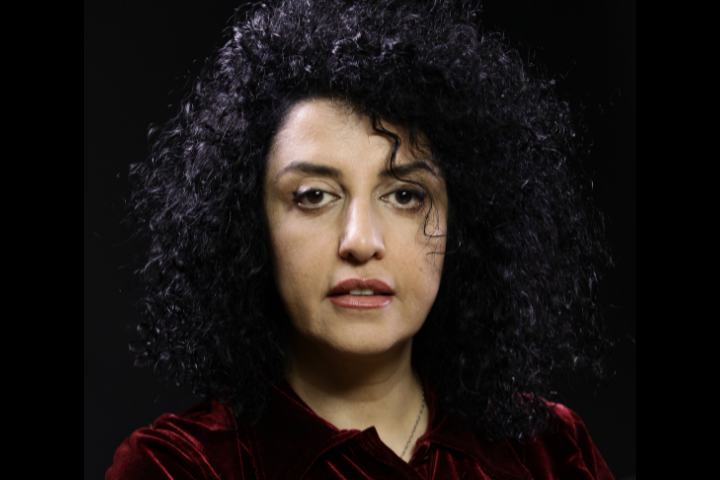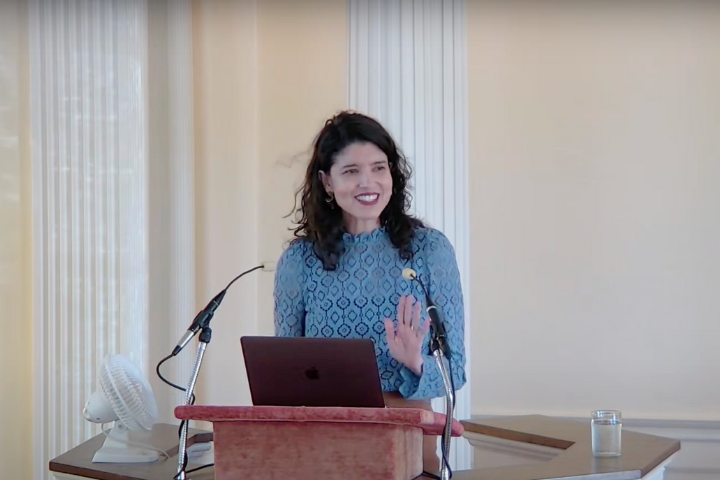
Frederick Douglass, women’s suffrage, jazz and the blues, Batman, reproductive biology, philosophy. In states with restrictive educational policies, teachers and professors have questioned if they are allowed to teach each of these topics.
Since 2021, 40 educational gag orders–state legislative and policy efforts to restrict teaching about topics such as race, gender, American history, and LGBTQ+ identities–have been enacted via law or policy. These bills are behind widely publicized firings, book bans, and curricular controversies across the nation, and through a series of surveys and reports, we are finally beginning to understand the toll they have taken on educators.
The most notable of these surveys are two major studies by researchers at the RAND Corporation, which surveyed 8,000 K–12 educators. Other studies have been compiled by education researchers at UC San Diego and the UCLA Institute for Democracy, Education, and Access, from the National Association for Music Education, and the American Association of University Professors.
Examined together for the first time in America’s Censored Classrooms 2023, these studies paint a comprehensive picture of the vast chilling effect that educational gag orders are having on the tens of thousands of educators—and, by extension, the millions of students—to whom they apply.
All together, 52 percent of K-12 teachers who reported living in states with educational gag orders say that these laws have affected what and how they teach. Black teachers and those teaching social science and English language arts are especially likely to say they have censored themselves. Listening to these teachers, the impact on lessons about race and racism is stark:
- Middle school English teacher: “The past two years have made me nervous about teaching Frederick Douglass because I don’t think the people in my community know the difference between teaching [Black] history and teaching critical race theory.”
- K–12 teacher in Tennessee: “As a social studies department we were told we cannot say things are racist [or that] it was sexist to keep women from voting.”
- K–12 music teacher in Tennessee: “The law in Tennessee has caused me to rethink my use of certain African American spirituals to avoid discussions that might be misconstrued to violate the law.”
- High school science teacher: “We work in an atmosphere of fear and paranoia to even teach the content contained in our standards.”
- First-year K–12 music teacher: “[My state’s] Department of Justice website has an online form where someone can easily report a teacher for going against the [divisive concepts] bill. . . . I was scared to talk about jazz or the blues. . . . I cannot authentically teach the genre without talking about race, but I don’t want to get reported or get in trouble.”
Media reports illustrate a similarly dire, if not absurd, state of affairs, even in states where gender identity and sexual orientation are not yet outlawed. Take, for instance, the Batman researcher who was told by Georgia school officials that he was not allowed to inform students that one of the character’s co-creators had a gay son. Or the teacher in another Georgia county who was fired for reading My Shadow is Purple, a storybook about identity and acceptance, to her class after they voted to read it. Both instances illustrate a culture of fear for educators in a state where “divisive concepts” related to race are outlawed and intimidating “parental rights” legislation has reigned.
The situation among college and university faculty is no better. Here, again, the primary impact has been fear.
An August 2023 AAUP survey found that 46 percent of faculty surveyed in Florida said they were actively looking for work outside of their state. The quotes from Florida faculty members compiled by the AAUP help illustrate why:
- “I’ve . . . received pressure from students to give them a grade that they want in exchange for not submitting a complaint about me.”
- “I was hired to teach and research gender and DEI issues. The new FL legislation is paralyzing. I have no idea what I am supposed to do.”
- “I live in fear of vindictive students and administrators who may not like my teaching and research.”
- “Those of us in [general education] classes are removing any content that it is obvious we will be castigated for teaching. For instance when teaching development of humans we will not teach it period. Switching to cats or frogs. And we have all decided we are not safe teaching reproductive biology. If a student asks a question and we give an honest answer we will be fired bc of the new laws.”
- “I am a philosopher and it is my job to present as many arguments and counterarguments as I can and to teach my students how to evaluate these. I am fearful that positions that I defend in the line of duty—whether or not I actually hold them—can and will be used against me. How can I be a competent teacher in such a climate?”
The implications of such a climate for academic freedom and free expression on campus are dire. Faculty across disciplines have raised concerns about how DEI bans and educational gag orders will impact their ability to qualify for federal research funding, departments have struggled to hire new positions, and high school students are beginning to spurn universities in states where open inquiry is under threat.
As laws restricting classroom speech and university governance continue to proliferate, resistance is rising in turn. While many of these laws have been challenged in court, and grassroots efforts to combat them gain steam, they continue to cast a pall over America’s classrooms, ensnaring educators along the way.


